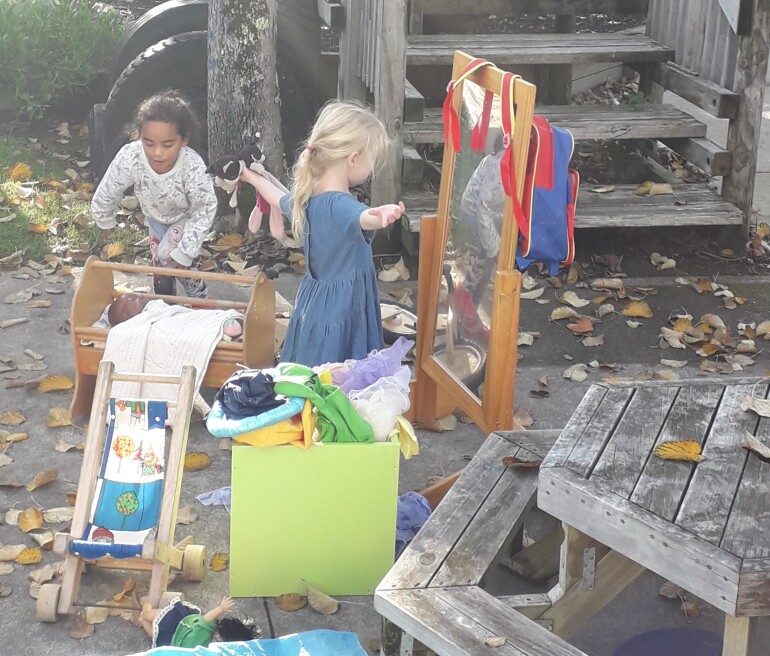News And Events

The Importance of Play
24 July 2019Playful interactions with loving, patient parents or caregivers are more beneficial than lots of toys.
Play isn’t something children do when there is nothing better to do. Child led play is crucial for brain development in terms of emotional development (practising relationships) and intellectual development (exploration and experimentation).
It is through play that children develop the skills needed to negotiate the world in many ways, and in the preschool years this is more important than anything that they can learn in the classroom.
Child led play is when the child, as long as they are safe, gets to follow their own interests. The contrast is when the adult sets what they think is important.
Many parents feel pressure to join classes, but formal programmes or scheduled activities are not what a child needs in their first few years, despite what advertisers tell us. If children are expected to do things that they are not ready for, it is unlikely to be beneficial.
In fact, it could compromise normal biological brain development for that age and stage.
Children do not need expensive toys. Rather they ned everyday opportunities to be imaginative and creative and to solve problems. Some examples are making music with pots and pans, or making huts under the furniture.
As they get older they will also learn about healthy relationships through sharing, taking turns, and solving conflict.
The above is an excerpt from the Brainwave Trust Aotearoa early years booklet
www.brainwave.org.nz


